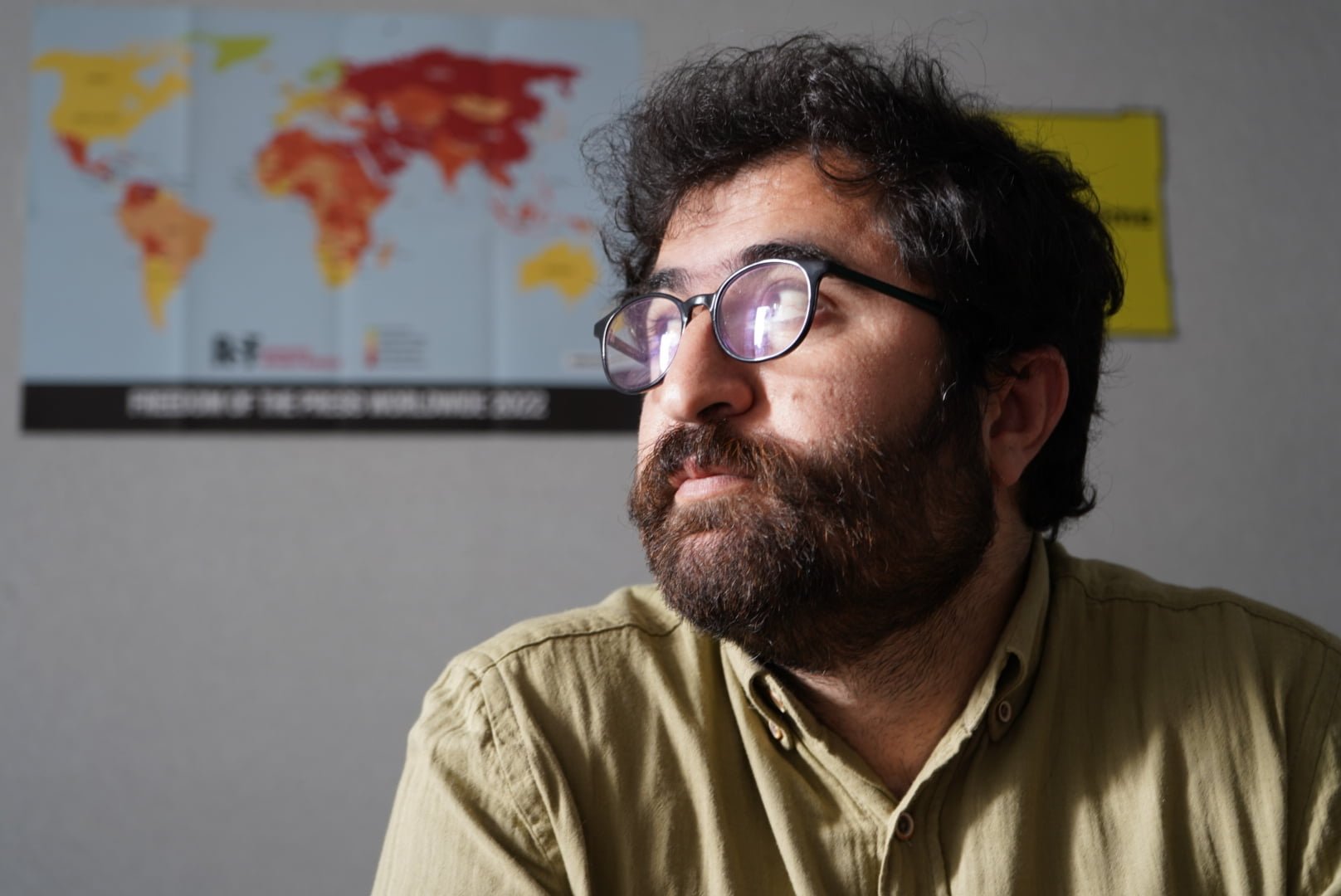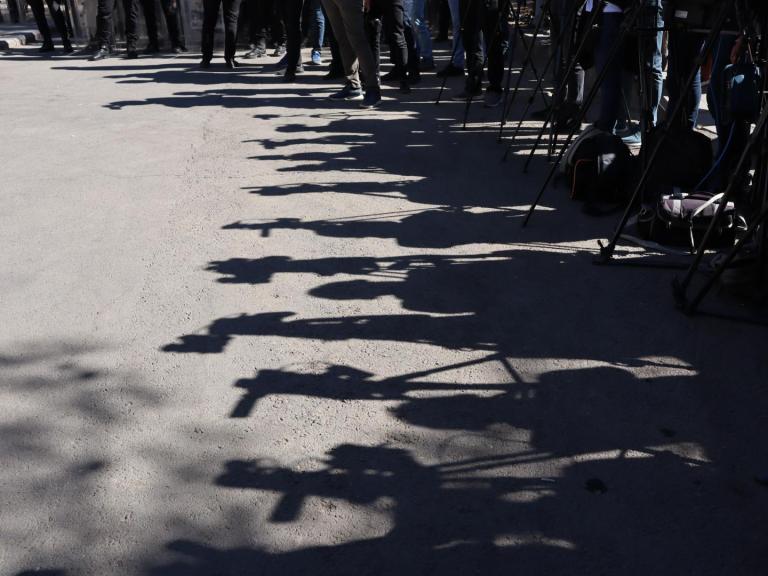
What do the “340 bans” on Kurdish digital media mean for Kurdish media?


- 23 Şubat 2023 11:08
It is estimated that around 20-25% of citizens living in Turkey are Kurds, but their existence in the media in their language is less than 1%. With these bans, this symbolic percentage is running out.
For Kurdish journalists in Turkey, digital media is the last address of the Kurdish language.
Why does digital blocking threaten the existence of Kurdish media in Turkey?

According to the data of the Turkish Statistical Institute (TUIK), there are 2.071 newspapers in Turkey. Only one of them publishes in Kurdish: The weekly Xwebun newspaper.
According to the Radio and Television Supreme Council data, there are 477 television broadcasts in Turkey. The only national television channel in the country with news programs in Kurdish is TRT Kurdi which is a state channel. Among the radios broadcasting nationally, only TRT Kurdi has news in Kurdish. Namely, there is no alternative other than the voice of the state.
Digital media is not an option for Kurdish-language media, which cannot exist in satellite broadcasting and print media due to intense pressure. A way that shows their existence.
What do the blocking of podcasts and YouTube channels mean?
Because Kurdish education is prohibited in Turkey, while most Kurds can speak their language, they can’t read and write in their language.
In addition, according to Article 66 of the Constitution, “Everyone who is bound to the Turkish State by citizenship is Turkish.” Therefore, all Kurds living in Turkey are considered Turkish, there isn’t any official population data based on race.
In our interviews with the Rawest Research company based in Diyarbakir. We see from the surveys conducted by the company that 16-18 percent of the country’s population (13.49 -15.18 million) speak Kurdish as their mother tongue at home.
Center for Socio-Political Field Studies “ In the study of mother tongue usage in 16 cities in the Eastern and Southeastern Anatolia regions, 68.2 percent of the 18-24 age group and more than 70 percent of the 65-year-old speak Kurdish in house.”
According to the survey conducted by KONDA in 2019, 16% of the population defines themselves as Kurds.
There is a serious Kurdish population and they have listening skills rather than reading. Banned podcast channels narrow this breathing space.
For example, there is a decision for closing the entire Twitter account of a channel. It is Hurbini Podcast that publishes cultural, literary, and analysis. This particular “interest” in the podcast is thought-provoking.
Blocking Iraqi Kurdistan Region media
Access to Erbil-based Rûdaw TV’s website, Sulaymaniya-based Kurdsat News TV’s YouTube channel, and Duhok-based Waar TV’s tweets were also blocked.
IKR channels have better opportunities and are bigger channels in terms of material, legal, physical assets, and trained staff.
In 2017, Kurdistan 24, Waar TV, and Rûdaw TV, the three major television stations based in the Iraqi Kurdistan Region (IKB), were removed from the Türksat satellite, and their broadcasting licenses were revoked.
The pretext for the blocking in 2017 was that these television channels were called the geography of Kurdistan as Kurdistan. But, the official officials of the state, the Prime Minister, and the President also referred to the same geography as Kurdistan.
From the 1990s until the 2000s, Turkish governments were trying to block the broadcasts of European-based Kurdish-language television channels via satellite with signal-blocking devices. People who turned satellite dishes into European satellites were tagged and shown as evidence of guilt.
Accessing channels that were blocked via satellite was also blocked in the digital.
Arrest of 25 Kurdish media workers in six months – Kurdish media “cannot institutionalize”
BIA Media Monitoring Report prepared by Erol Önderoğlu; shows that in October, November, and December, at least 171 journalists and media representatives were prosecuted under the Turkish Penal Code, the Anti-Terror Law, and stated that demanded material and moral indemnities from nine of them.
On June 16, 16 Kurdish media workers were arrested in an operation based on Diyarbakir, after that nine more journalists were arrested as part of the investigation conducted by the Ankara Chief Public Prosecutor’s Office. The denial to detention was not evaluated due to “the prosecutor was on the leave”. The lawyer of the journalist Resul Temur said, “The aim is not to prosecute, but to punish in a way that renders it inoperable.” For the first time since the coup attempt, Turkey was included in the category of countries that “arrested the most journalists”.
When Kurdish media workers are gathered under the roof of a certain institution, they increase their risk of being exposed to the “operation”. In this case, small podcast channels, YouTube Channels, Twitter, and Facebook accounts become vital.
NÛÇEYÊN DAWÎYÊ
Îmaj û Rastî18/04/202416:07 Stenbol – Gotûbêjek li ser 126 salîya Rojnamegerîya Kurdî18/04/202415:13 Lîstika Rîuelîstik îro li Festîvala Şanoyê ya Amedê derdikeve pêşberî gel18/04/202414:24 Çawîşê pispor bi tohmeta ku ‘êrişa zayendî’ kirî, hat girtin18/04/202412:02 Giraniya Qenciyê û Dayin û Stendina Dilî18/04/202411:01



